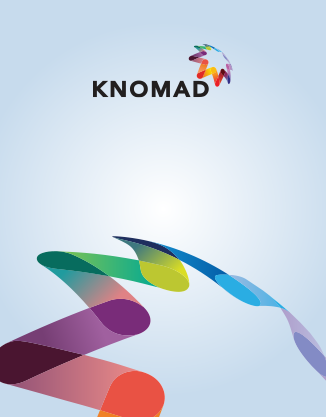
Seminar Report on "Migrant Re-integration and Homeland Development: Policy Prospects and Potential"
The Global Knowledge Partnership on Migration and Development (KNOMAD) was launched by the World Bank in the late spring of 2013 with funding support from the gov-ernments of Switzerland, Germany, and Sweden. KNOMAD is sub-divided into twelve the-matic working groups and a set of four cross-cutting themes1.
KNOMAD’s Thematic Working Group ‘’Integration Issues in Host Communities” (Chaired by Howard Duncan, Metropolis Project at Carleton University, Ottawa, and Co-Chaired by Ger-vais Appave, International Organization for Migration) has proposed a five-year long project to KNOMAD’s Secretariat to look at the means by which immigrant integration can and does enhance homeland development and to draw out of these explorations some ideas including best practices that governments and other agencies can consider. As part of this undertak-ing, an Experts Advisory Committee, composed of global experts in immigrant integration and in development, was formed to support the development of knowledge products and related activities over the proposed five-year period.
To take this process forward, a one-day KNOMAD public seminar took place in Ottawa on the relation between migration and development. The purpose of this seminar was to bring together a wide range of stakeholders including government, civil society, academia, em-bassies, and media to discuss the development potential offered by the continuum of mi-grant integration, return, and re-integration into the homeland. The seminar was also meant to allow the Expert Advisory Committee to share their experiences and results of their on-going research in the areas of migrant integration, re-integration and development impacts with a public audience.

